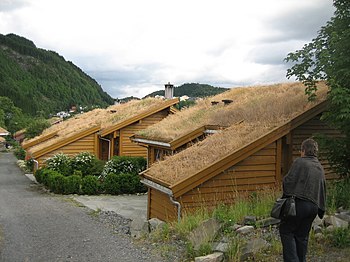This article appears to contain a large number of buzzwords. (October 2021) |
This article includes a list of general references, but it lacks sufficient corresponding inline citations. (September 2020) |

| Part of a series on |
| Sociology |
|---|
 |
Environmental sociology is the study of interactions between societies and their natural environment. The field emphasizes the social factors that influence environmental resource management and cause environmental issues, the processes by which these environmental problems are socially constructed and define as social issues, and societal responses to these problems.[1]
Environmental sociology emerged as a subfield of sociology in the late 1970s in response to the emergence of the environmental movement in the 1960s. It represents a relatively new area of inquiry focusing on an extension of earlier sociology through inclusion of physical context as related to social factors.[2]
- ^ E. R. Catton, Jr., Riley,Dunlap and William (1979). "Environmental Sociology". Annual Review of Sociology. 5: 243–273. doi:10.1146/annurev.so.05.080179.001331. JSTOR 2945955.
{{cite journal}}: CS1 maint: multiple names: authors list (link) - ^ Caves, R. W. (2004). Encyclopedia of the City. Routledge. p. 234.